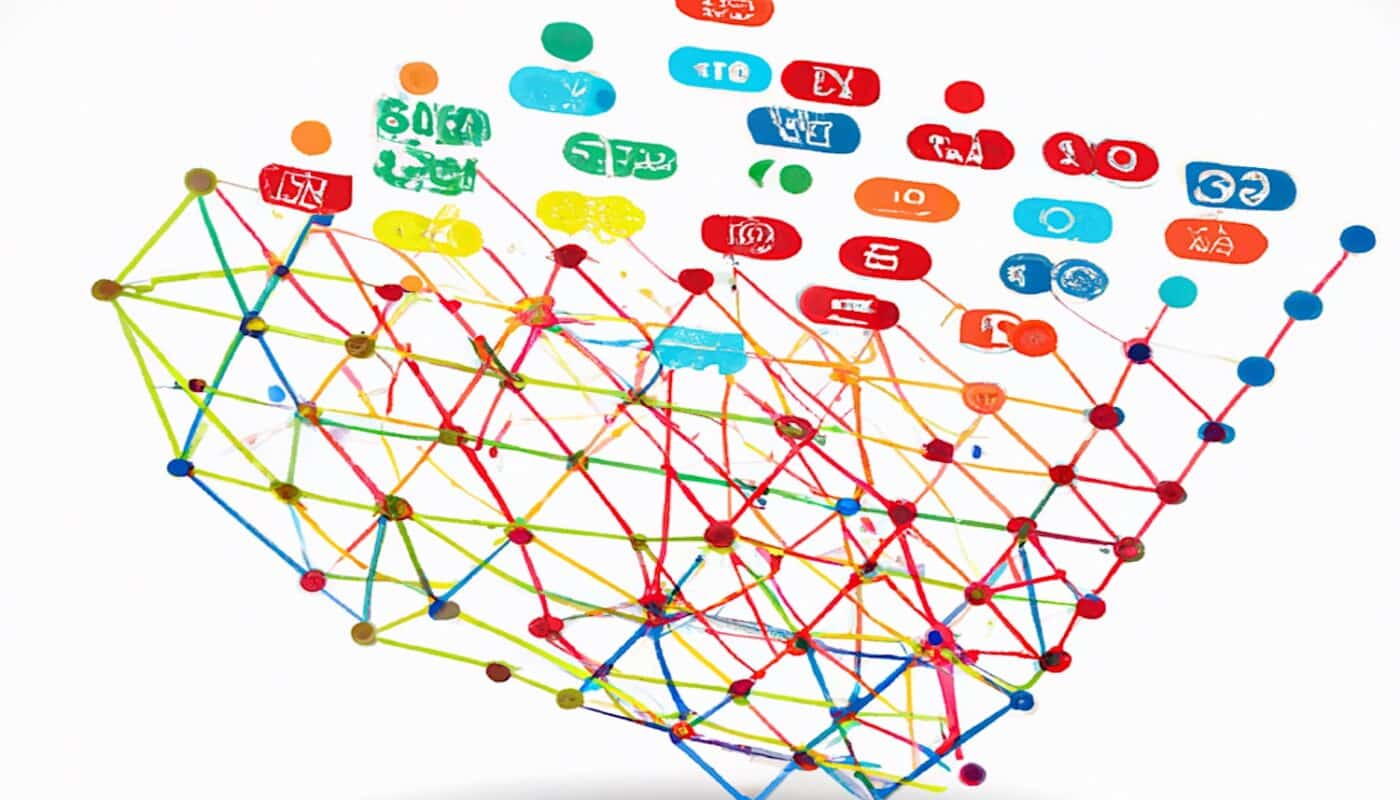In today’s fast-paced technological world, artificial intelligence (AI) algorithms play an essential role in improving our daily lives. These algorithms enable machines to learn and adapt to their environment. Let’s take a look at how these algorithms work, and some examples of real-life applications in various fields.
Understanding artificial intelligence algorithms
An algorithm is a finite sequence of instructions for solving a given problem. AI algorithms, on the other hand, are designed to enable machines to learn autonomously from the data provided. There are several types of artificial intelligence algorithms:
- Supervised learning algorithms: These require the presence of a human expert to guide the machine’s learning by providing examples of labeled data.
- Unsupervised learning algorithms: These enable the machine to learn without human intervention, by finding structures or relationships within the data itself.
- Reinforcement learning algorithms: These rely on reward or punishment to encourage the machine to adopt certain behaviors and improve its performance.
Artificial neural networks
A particularly popular type of algorithm in AI is the artificial neural network, which is inspired by the workings of the human brain. A neural network is made up of layers of interconnected neurons, which transmit information to each other and adjust their weights according to prediction errors. Deep neural networks (DNNs) are an advanced form of neural network that use multiple hidden layers to improve model accuracy and complexity.
Use of artificial intelligence algorithms in various fields
Thanks to their ability to learn and adapt their reasoning based on data, AI algorithms are finding applications in many sectors:
Industry
AI plays an essential role in the automation and optimization of industrial processes. For example, robots equipped with reinforcement learning algorithms can perform complex tasks such as assembling parts or manipulating objects with great precision. AI algorithms also enable predictive analysis to anticipate equipment breakdowns and optimize maintenance.
Medicine
Artificial intelligence algorithms have revolutionized medicine, enabling the development of diagnostic and decision-making tools. Deep neural networks, for example, are used to analyze medical images and detect anomalies such as tumors or lesions. AI also makes it possible to personalize treatments according to patients’ genetic characteristics.
Trade
In the retail sector, AI algorithms are used to enhance the customer experience by offering personalized recommendations based on preferences and purchasing habits. They also optimize inventory management and the supply chain by anticipating supply needs and adjusting prices in real time.
Finance
Financial institutions have widely adopted artificial intelligence technologies to improve their services and efficiency. AI algorithms can detect fraud by analyzing millions of transactions in real time, assess the credit risk of borrowers or predict stock market trends to optimize investment strategies.
The challenges of artificial intelligence algorithms
While AI algorithms offer many opportunities, they also present significant challenges:
- Lack of data: AI algorithms often require large amounts of data to learn and improve their performance. However, access to this data may be limited due to confidentiality issues or legal restrictions.
- Bias: AI algorithms can reproduce and amplify biases present in training data, which can lead to discrimination or unfair decisions.
- Explicability: Deep neural networks, in particular, are often regarded as “black boxes” whose inner workings are difficult to understand. This raises ethical and liability issues in the event of errors or unforeseen consequences.
Despite these challenges, artificial intelligence algorithms will undoubtedly continue to play a growing role in our lives, transforming the way we solve complex problems. By developing tools and methods to overcome these obstacles, we can take full advantage of the potential offered by these innovative technologies.






